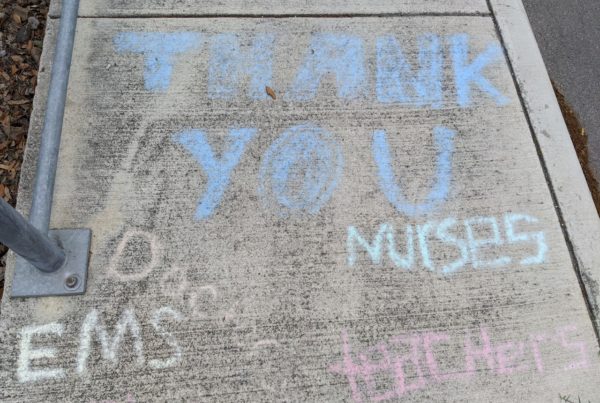One big winner during the pandemic: the real estate industry.
While home sales are robust across the state, thanks to mortgage rates at an all-time low, Austin’s real estate market has become hotter than ever during the pandemic, according to Luis Torres, a research economist at Texas A&M University’s Texas Real Estate Research Center.
Torres says several factors are contributing to what some first-time buyers are seeing as a ferocious market. There are newer tech giants – Oracle and Tesla – coming to town from out of state where their workers are used to paying far more for housing.
But home builders are now emboldened by new work-from-home norms to build more new housing farther away from urban downtown areas. Today’s buyers are also looking for larger homes that include a home office. These changes plus a new group of home buyers – millennials – coming onto the scene, has made home sales far more competitive than before.
“So we had all these factors playing a role and causing this increase in home sales and home activity during a recession and during a pandemic,” Torres said.
While Austin remains the hottest market in Texas for now, upticks in demand are also being seen in Dallas and Fort Worth, El Paso, Houston and San Antonio, he said.
But this aggressively competitive market is making it tough for millennials and other lower and middle-income buyers. In Austin it is not unusual to hear buyers offering $100,000 over the asking price, effectively shutting out those with a more limited budget.
Another factor making that home search hard is that there is a genuine lack of housing inventory across Texas, especially in the $250,000 and under category.
“Housing sales are actually decreasing not because of wavering demand, but because of the lack of supply of homes available to be purchased,” Torres said.
Torres said if home buyers are feeling priced out, the only thing to do right now is try to wait, if possible, for the pandemic to come to an end.
“I think just to be patient, I think right now what we’re seeing is that, you know, demand is so strong and supply so weak,” he said.
Torres thinks the inventory problems will improve in the coming months.
“The supply which should improve and demand and that would allow the market to, you know, prices to kind of slow down,” he said.















